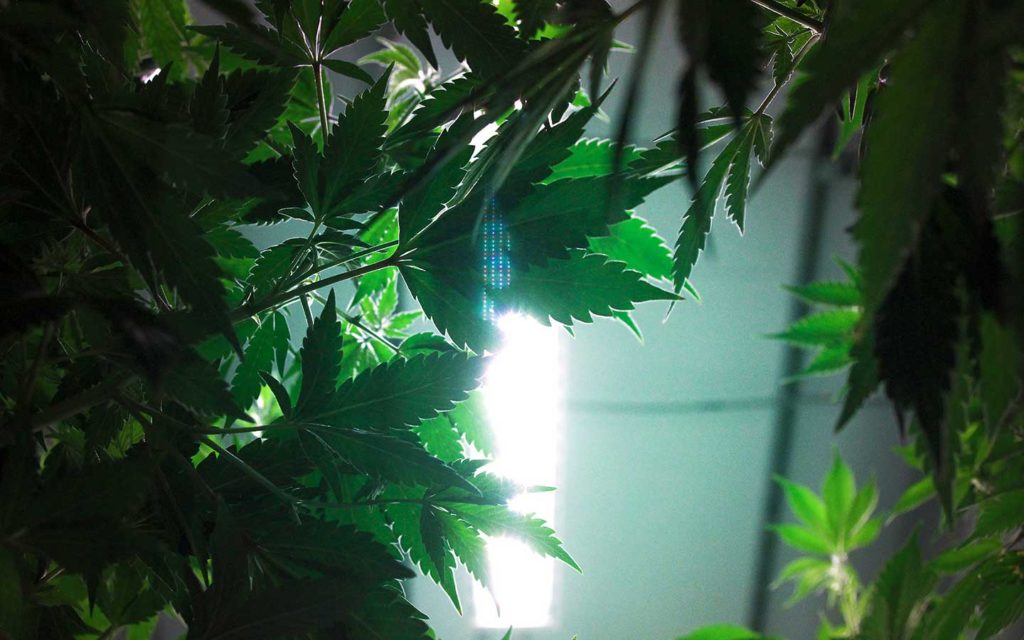Cannabis in Massachusetts is a very new phenomenon. Medical cannabis (Medical Use) has been legal in Massachusetts since 2012 and recreational cannabis (Adult Use) sales didn’t start until December of 2018. With the relative newness of the Massachusetts cannabis market, there are plenty of common questions that need to be addressed.
Here is a list of frequently asked questions in regards to Happy Valley’s dispensaries and cannabis in Massachusetts.
Medical Cannabis FAQ
Medical Cannabis FAQ
Guests can reserve time to meet privately with one of our Hosts if needed. Our locations feature a private consultation room to make sure your medical cannabis experience matches your individual needs.
Insurance does not cover medical marijuana. Cannabis products are subject to FDA approval, and the haven’t approved any cannabis products, aside from CBD medicines for the treatment of epilepsy. As a federally illegal substance, the federal government claims cannabis is “to have no currently accepted medical use in treatment in the United States.” This Section I status makes insuring medical cannabis impossible, for the time being.
The state of Massachusetts relies on physicians to recommend cannabis to patients. To qualify, you must have what the state deems a “debilitating medical condition.” Medical patients must be 18 years or older, unless a minor is accompanied by a personal caregiver over the age of 21 with a patient registration card.
Massachusetts law allows a qualifying patient to posses up to a 14 or 60-day supply of cannabis for his or her personal medical use. The regulations define a 60-day supply as up to 10 ounces. The regulations define a 14-day supple as 2.5 ounces of cannabis, although a clinician can recommend a higher amount, with a written explanation.
Massachusetts law allows a qualifying patient to possess up to a 14 or 60-day supply of cannabis for his or her personal medical use. The regulations define a 60-day supply as up to 10 ounces. The regulations define a 14-day supply as 2.5 ounces of cannabis, although a clinician can recommend a higher amount with a written explanation.
Getting a medical cannabis card has several benefits that recreational users don’t get. Medical users are exempt from the 10.75% marijuana excise tax that recreational users pay. At Happy Valley, guests with a medical card are also fast-tracked through the express line for expedient service.
A registered caregiver is a person registered with the Department of Public Health who has agreed to assist a registered patient with their medical marijuana use. For example, a family member, nurse, or home health aide may serve as a registered caregiver. They serve patients who are unable to physically travel to a dispensary.
Only Massachusetts issued medical marijuana cards are accepted at Massachusetts dispensaries.


